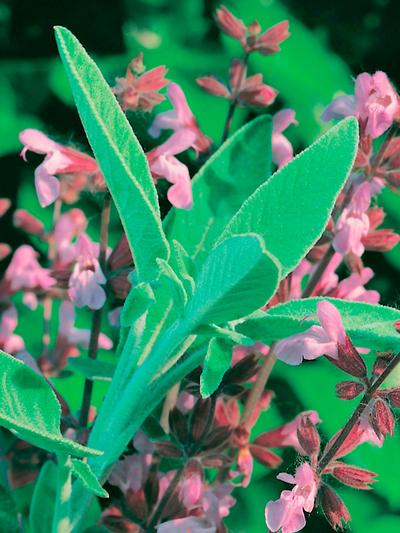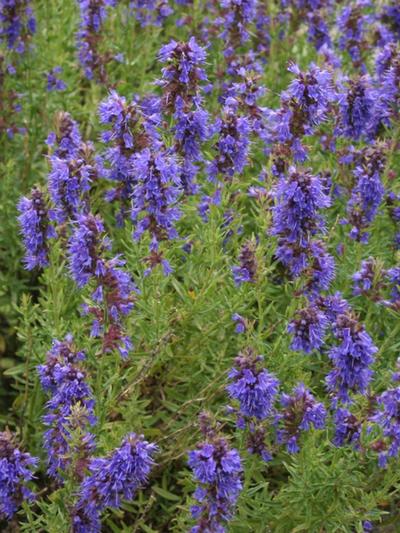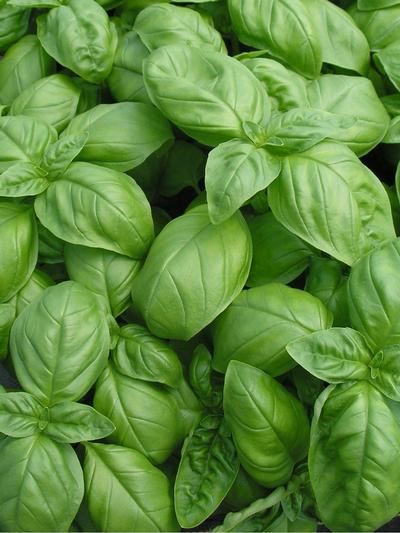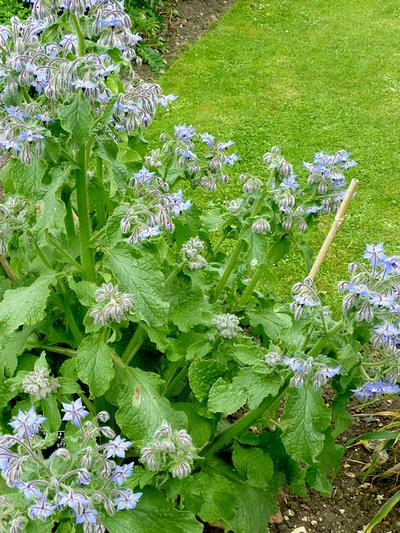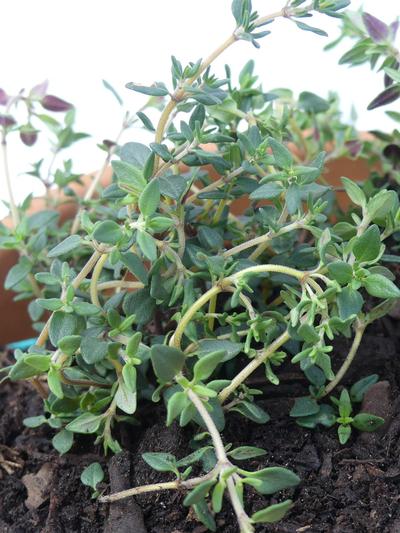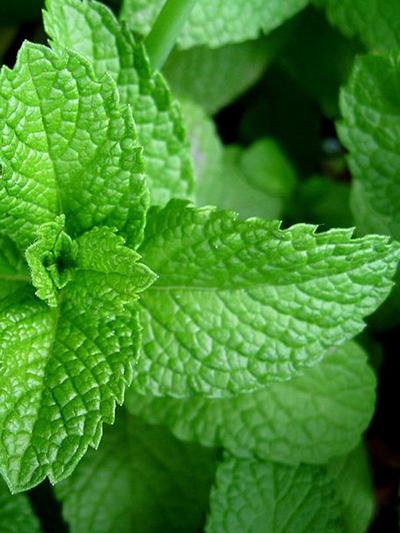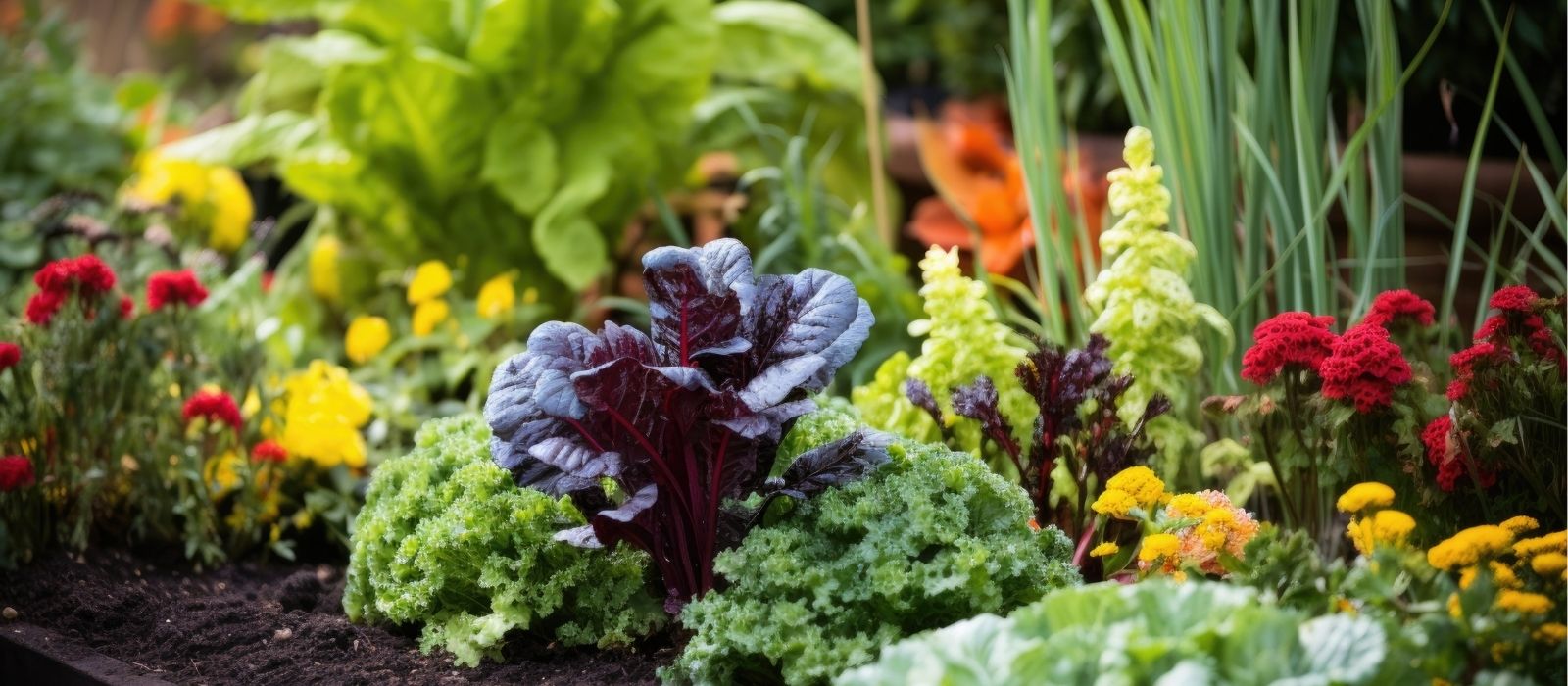
New to companion planting? Here’s a comprehensive guide to help you get started and maximise your garden's potential.
Veggie Companion Planting
Grow your vegetables in harmony with these perfect pairings:
- Celery: Plant alongside brassicas and beans to deter the white cabbage butterfly, which dislikes the scent of celery. Use one celery plant for every six neighbouring plants.
- Carrots and Leeks: These strong-scented crops protect each other from pests.
- Tomatoes: Thrive with companions like asparagus, basil, carrots, celery, and parsley, which aid growth and pest control.
- Peas and Beans: These nitrogen-fixing plants enrich the soil for future crops. In crop rotation, follow with brassicas or sweetcorn.
- Cucumbers: Pair with nasturtiums for pest control, but avoid planting near potatoes.
Flower Companion Planting
Incorporate flowers to protect your crops and attract pollinators:
- Roses: Garlic planted among roses deters aphids.
- Nasturtiums: Attract aphids, caterpillars, and whiteflies and keeps them away from lettuces, cabbages, beans, and tomatoes.
- Marigolds: Their scent repels aphids and greenflies while attracting hoverflies that prey on pests. They also help control soil nematodes when grown for an entire season.
- Lavender, Marigold, and Rosemary: Produce scents that repel mosquitoes, flies, fleas, and ticks.
- Pollinator Attractors: Include calendula, sunflowers, poppies, clover, echinacea, and borage to bring bees and butterflies to your garden.
Herb Companion Planting
Herbs not only enhance your cooking but also your garden’s health:
- Sage: Repels aphids when planted around celery and attracts bees to pollinate brassicas.
- Hyssop: Keeps the white cabbage butterfly away from brassicas like broccoli and cabbages.
- Basil: Enhances the flavour of tomatoes and deters aphids, fruit flies, and whiteflies. It’s also a hit with bees!
- Borage: Attracts pollinators and benefits strawberries with potassium and minerals.
- Marjoram: A general repellent for bad insects.
- Garlic: Protects plants from aphids and deters pests like spider mites. Under peach trees, it helps prevent leaf curl.
- Thyme: Deters blackfly on roses and can be brewed into a tea to spray on cabbages for whitefly prevention.
- Mint: Confuses pests like carrot fly, but keep it contained, as it’s invasive.
- Parsley: Deters aphids, especially around roses, asparagus, and tomatoes.
- Rosemary: Protects against mosquitoes, cabbage moths, bean beetles, and carrot flies while enhancing vegetable flavours.
- Wormwood: Deters aphids and beetles while attracting hoverflies and ladybirds—one ladybird can eat more than 50 aphids daily!
Why Choose Companion Planting?
Natural Pest Control: Skip the pesticides and let nature do the work.
Improved Soil Fertility: Nitrogen-fixing plants like peas and beans enrich your soil naturally.
Pollinator Attraction: Flowers and herbs bring bees, butterflies, and hoverflies, vital for crop production.
Space Efficiency: Maximise your garden’s output by planting compatible crops together.
Healthy Ecosystem: Create a balanced garden where beneficial insects thrive, and pests are naturally managed.
Tips for Successful Companion Planting
- Group plants with similar water and sunlight needs.
- Rotate crops yearly to avoid pest build-up.
- Avoid planting incompatible pairings, like potatoes with cucumbers or beans.
- Keep invasive plants like mint in containers to prevent overgrowth.
Companion planting is an eco-friendly way to maximise your garden's potential. Whether growing vegetables, herbs, or flowers, these pairings will help your plants thrive while supporting a healthy ecosystem.
Ready to give it a go? Start small, experiment, and enjoy the rewards of a flourishing, natural garden!


